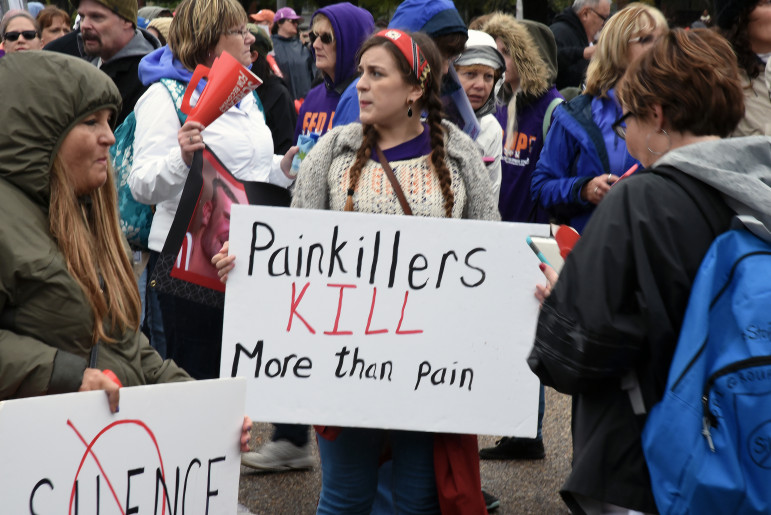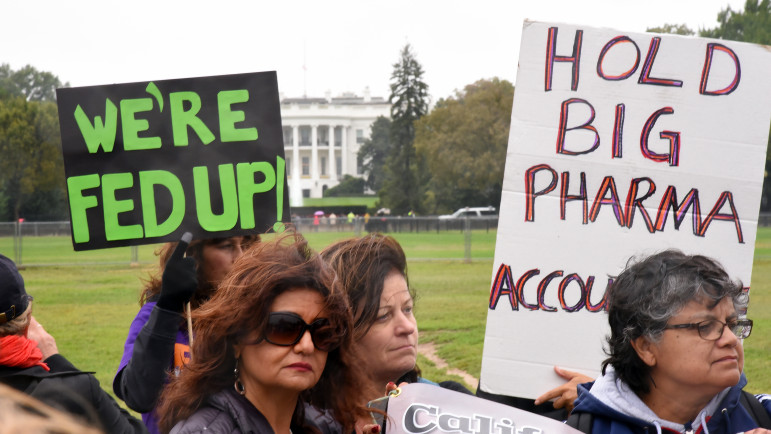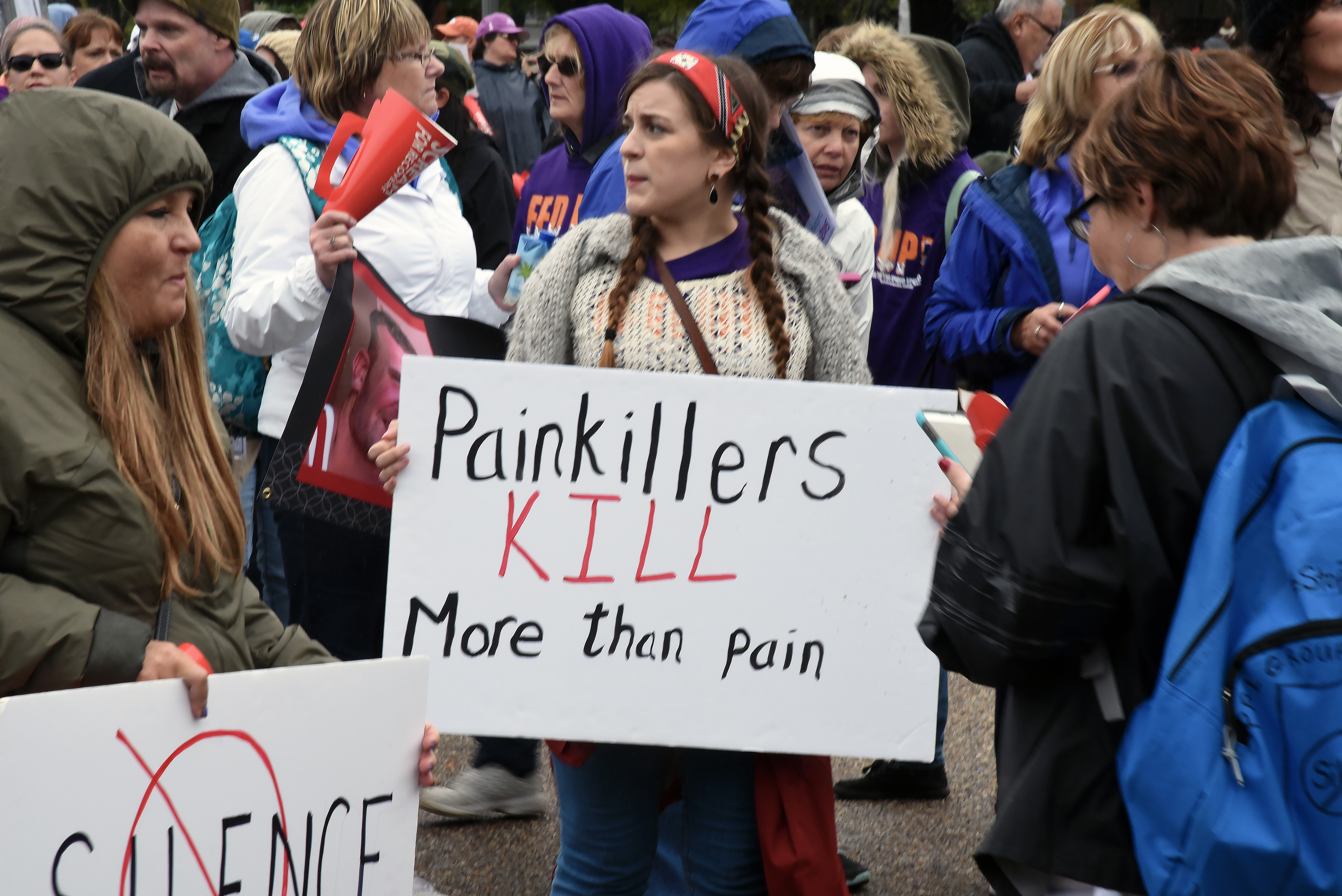
Roger Newton
College recovery groups, recovery high schools and many adolescents and 20-somethings joined the crowd to show their support for ending the silence about addiction.
WASHINGTON — The voices of young people are essential in an emerging effort to change how the country views drug and alcohol addiction and long-term recovery, say leaders of addiction and recovery organizations.
The nascent movement has vowed to break the silence and end stigma around addiction. Young people’s experiences — and their willingness to share them — could help create a fuller portrait of addiction and recovery that encourages policymakers to take action, they said.
The plan to reframe addiction had its symbolic start during the “Unite to Face Addiction” rally on Sunday that drew thousands to the National Mall. College recovery groups, recovery high schools and many adolescents and 20-somethings joined the crowd to show their support for ending the silence about addiction.
[Related: Young People Find Hope, Community at ‘Unite to Face Addiction’ Rally]
“One of the things that will be a byproduct result of the event today is people will realize we are not alone,” said Justin Luke Riley, 27, president and CEO of the nonprofit Young People in Recovery. That knowledge will help encourage young people in recovery to realize that their experiences can be a source of hope for others, not fear, he said.
The presence of young people at the rally was powerful because it showed what’s possible, said Pat Taylor, outreach coordinator for Facing Addiction, a nonprofit that aims to continue the momentum generated by the rally.
“Part of our opportunity is to let people know young people do get well,” she said.

Roger Newton
The plan to reframe addiction had its symbolic start during the “Unite to Face Addiction” rally on Sunday that drew thousands to the National Mall.
Taylor said 700 partner organizations have pledged their support for the effort, including unions, religious groups, LGBTQ groups, youth-led groups and others — a broad coalition that hadn’t joined together before, she said.
That diversity of voices is what organizers are hoping will make policymakers pay attention to the needs of the addiction and long-term recovery communities, Taylor said. About 22 million Americans are dealing with addiction, and 23 million are in recovery, according to federal data.
“It’s our time,” she said.
Hundreds of advocates took their message to Capitol Hill on Monday, urging support for the Comprehensive Addiction and Recovery Act (S 524/HR 953) and the REDEEM Act (S 675/HR 1672), which would enact reforms for nonviolent drug offenders. The advocates also urged support for full implementation of laws that require parity in coverage of physical and mental health conditions.
Riley said the addition of a broad-based organization like Facing Addiction will boost the profiles of all the organizations working on addiction and recovery issues, and vice versa — a welcome addition to the nonprofit landscape.
“There’s been nothing that binds them all together,” he said.
Elisa Hallerman, founder and CEO of Recovery Management Agency, said that some young people are ready to speak out about their experiences, but she hopes even more will become comfortable doing so if the stigma around addiction and recovery lifts.
She said Facing Addiction has huge potential to make a difference for young people.
“I can feel the energy. People are saying, ‘We’ve had enough,’” she said.
More related articles:
The Problems and Solutions in Adolescence and Addiction
Peer Mentoring: Youth Who Faced Mental Health Issues Now Aid Others
Talk to Kids about Alcohol Early to Avoid Binge Drinking
































